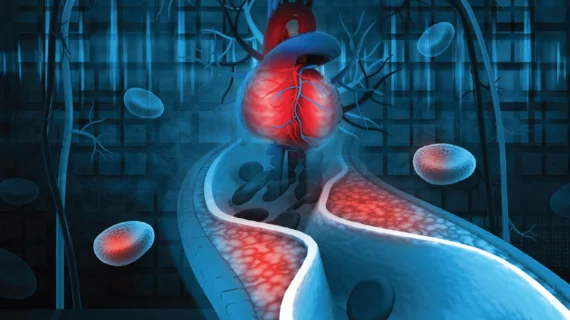It’s unnecessary to fast before a complete cholesterol test, according to new research, especially if the sole intention of that test is to determine a patient’s risk of future cardiovascular events.
A JAMA: Internal Medicine study led by Samia Mora, MD, MHS, and colleagues at Brigham and Women’s Hospital, Harvard Medical School and Imperial College attempted to settle a decades-long debate about whether or not it’s beneficial for patients to fast ahead of lipid level testing. But the efficacy of nonfasting lipid levels in predicting future CVD risk has been called into question time and again, leaving physicians unsure of what best practice should be.
“We spend most of our lives in a nonfasting state,” Mora said in a release. “And for some patients, especially those who are elderly or have diabetes, it can be risky to fast before lipid testing.”
Mora’s team measured fasting and nonfasting lipid levels in more than 8,000 participants in the Anglo-Scandinavian Cardiac Outcomes Trial-Lipid Lowering Arm (ASCOT-LLA), taking numbers four weeks apart with no intervention in between. Patients were followed for just over three years for major coronary events, including heart attacks, fatal coronary heart disease, stroke and atherosclerotic CVD (ASCVD).
The authors found that among 8,270 participants, the majority of whom were male and in their fifties and sixties, nonfasting samples had “modestly higher” triglyceride levels and similar cholesterol levels compared to fasting samples. The link between nonfasting lipid levels and coronary events was similar for fasting lipid levels; for the primary prevention group adjusted hazard ratios were 1.42 for nonfasting levels and 1.37 for fasting levels.
Mora et al. said their results were consistent by randomized treatment arm and similar for ASCVD events, with 94.8% concordance of fasting and nonfasting lipid levels for classifying participants into appropriate ASCVD risk categories.
“We hope this study will be the final nail in the coffin, providing strong evidence that, within the same person, fasting or not before a lipid level test doesn’t matter for predicting cardiovascular risk,” Mora said. “This should reassure healthcare providers and patients that it doesn’t make a difference if you fast or don’t fast if the goal is to predict your cardiovascular risk.”

